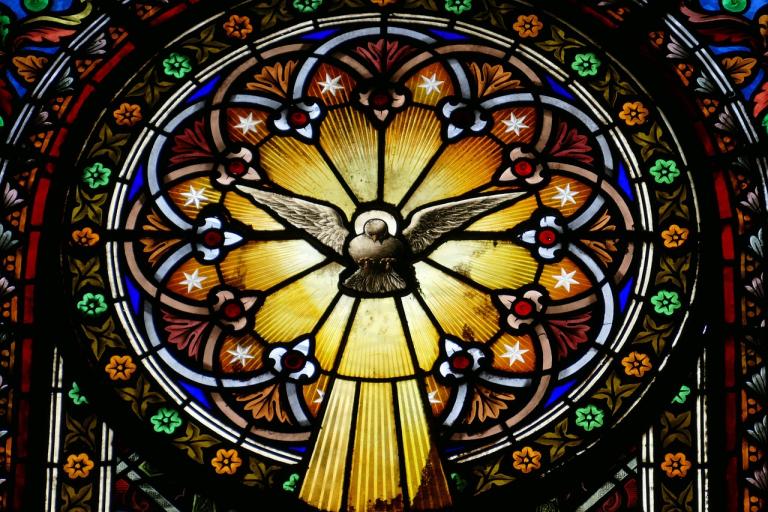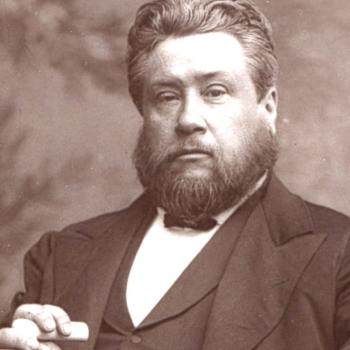
In Edward’s work on Revival he argues in a slightly odd way to to our ears about the move of the Holy Spirit. He uses a double negative. He says that it is NOT a sign that a work is NOT a work of God if there are great impressions made on people’s minds, imaginations or “frames“.
He seems to be arguing something close to what the modern charismatics call a flawed non-perfect form of prophecy or other gifts of the Spirit.
And midway through this quote he refers to “frame” meaning the same thing we have been looking at in other writers:
It is no argument that an operation on the minds of a people is not the work of the Spirit of God that many who are the subjects of it have great impressions made on their imaginations . . . where a great multitude of all kinds of constitutions have their minds engaged with intense thought and strong affections about invisible things; yea, it would be strange if there should not. Such is our nature that we cannot think of things invisible without a degree of imagination.
I dare appeal to any man, of the greatest powers of mind, whether he is able to fix his thoughts on God, or Christ, or the things of another world, without imaginary ideas attending his meditations? And the more engaged the mind is, and the more intense the contemplation and affection, still the more lively and strong the imaginary idea will ordinarily be; especially when attended with surprise. And this is the case when the mental prospect is very new, and takes strong hold of the passions, as fear or joy; and when the change of the state and views of the mind is sudden, from a contrary extreme, as from that which was extremely dreadful, to that which is extremely ravishing and delightful. And it is no wonder that many persons do not well distinguish between that which is imaginary and that which is intellectual and spiritual; and that they are apt to lay too much weight on the imaginary part, and are most ready to speak of that in the account they give of their experiences, especially persons of less understanding and of distinguishing capacity . . .
It is no argument that a work is not of the Spirit of God that some who are the subjects of it have been in a kind of ecstasy, wherein they have been carried beyond themselves, and have had their minds transported into a train of strong and pleasing imaginations, and a kind of visions, as though they were rapt up even to heaven and there saw glorious sights.
I have been acquainted with some such instances, and I see no need of bringing in the help of the devil into the account that we give of these things, nor yet of supposing them to be of the same nature with the visions of the prophets, or St. Paul’s rapture into paradise. Human nature, under these exercises and affections, is all that need be brought into the account. If it may be well accounted for, that persons under a true sense of a glorious and wonderful greatness and excellency of divine things, and soul–ravishing views of the beauty and love of Christ, should have the strength of nature overpowered, as I have already shown that it may; then I think it is not at all strange that amongst great numbers that are thus affected and overborne, there should be some persons of particular constitutions that should have their imaginations thus affected.
Some are ready to interpret such things wrong, and to lay too much weight on them, as prophetical visions, divine revelations, and sometimes significations from heaven of what shall come to pass; which the issue, in some instances I have known, has shown to be otherwise. But yet, it appears to me that such things are evidently sometimes from the Spirit of God, though indirectly; that is, their extraordinary frame of mind, and that strong and lively sense of divine things which is the occasion of them, is from his Spirit; and also as the mind continues in its holy frame, and retains a divine sense of the excellency of spiritual things even in its rapture; which holy frame and sense is from the Spirit of God, though the imaginations that attend it are but accidental, and therefore there is commonly something or other in them that is confused, improper, and false.
Edwards, J. (1996). Jonathan Edwards on Revival (electronic ed., pp. 95–98). Christian Classics Foundation. Emphasis added
Read More














